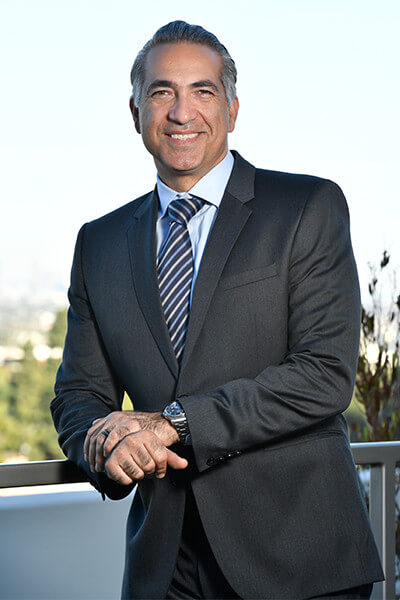When your new car turns out to be a lemon, it’s easy to assume the dealership is the one calling the shots. But under California’s Lemon Law, once a vehicle qualifies as a lemon, it’s the manufacturer, not the dealership, that’s on the hook. Still, dealerships play a big role in how the process unfolds. So what exactly happens to your vehicle once it’s returned? And what do dealerships do with cars that don’t meet the mark?
The Role of the Dealership in Lemon Law Claims
Dealerships are usually the first stop when you realize something’s wrong with your vehicle. They handle the repairs, document the problems, and often act as the middleman between you and the manufacturer. But they aren’t the ones who decide if your car qualifies under the lemon law—that decision falls to the manufacturer.
That said, how a dealership handles your concerns can make a big difference. The service department’s records, for instance, become key evidence in a lemon law claim. If the same issue keeps coming back, those repair orders can help prove that the vehicle is defective.
Once the manufacturer agrees to a buyback or replacement, the dealership may assist with the paperwork, vehicle exchange, or return process. We’ll work with you to make sure you’re not pressured into a bad deal or left in the dark about your rights.
What Happens to the Lemon After You Return It?
So you’ve returned your lemon—what now? The car doesn’t just disappear. Manufacturers have a few options, and dealerships often play a part in what happens next.
Here’s what typically happens:
- It’s repaired and resold — but under California law, it must be labeled as a “Lemon Law Buyback.”
- It’s auctioned off, often through wholesale channels, again with disclosure required.
- It’s dismantled, although this is far less common.
California requires that any lemon buyback be clearly marked on the vehicle’s title and that future buyers be notified in writing. The dealership must also post a decal on the car stating it was repurchased under the lemon law.
That means dealerships can’t quietly put the vehicle back on the lot and act like nothing happened. These rules are in place to protect consumers from buying a car with a known history of significant issues.
Lemon Law Buybacks vs. Trade-Ins or Resales
It’s important to know the difference between a lemon law buyback and a standard trade-in. In some cases, a customer, unaware of their lemon law rights, may just give up and trade in the car. The dealership might accept it and later resell it without needing to disclose it was defective (as long as it wasn’t bought back under the lemon law).
But when a vehicle is repurchased under California’s lemon law, it’s a different story. The dealership or manufacturer must:
- Brand the title as a lemon law buyback
- Fix the defect (if they plan to resell it)
- Provide a written disclosure to any future buyer
We’ve seen cases where manufacturers try to shortcut this process, or where dealerships aren’t clear about what’s happening. That’s why it’s crucial to work with a legal team that holds them accountable and makes sure your vehicle is properly categorized.
Why It Matters to You
You deserve to know what happens to your vehicle after you return it, and that it’s handled properly. If the dealership or manufacturer skips steps, it can lead to problems down the road. You could be contacted about registration issues or repairs you thought were no longer your concern.
Beyond that, you want peace of mind. You want to know that your lemon was truly taken off your hands and not quietly cycled back into someone else’s garage without proper disclosure. At The Lemon Firm, we make sure the buyback process is followed and that you walk away with a fair result.
Contact Our Experienced California Lemon Law Attorneys
Dealerships may not make the final decisions, but they’re part of the process. If you’re stuck with a defective car or unsure what your rights are, we’re here to help. At The Lemon Firm, we’ll fight to hold the manufacturer accountable and guide you every step of the way. Call us today for a free consultation.

